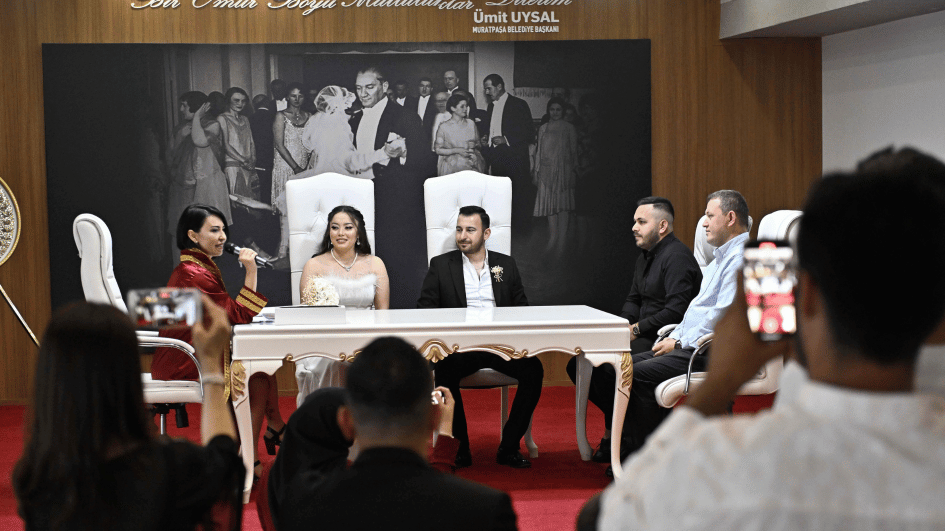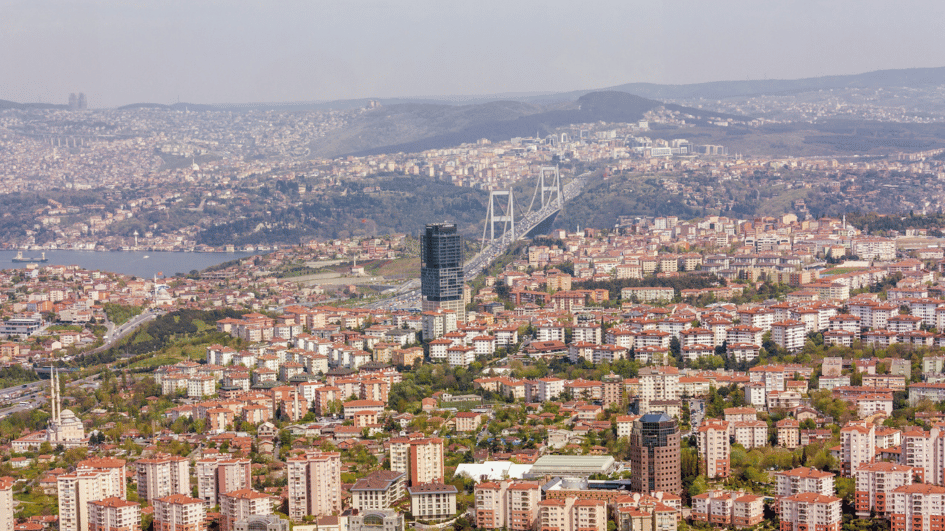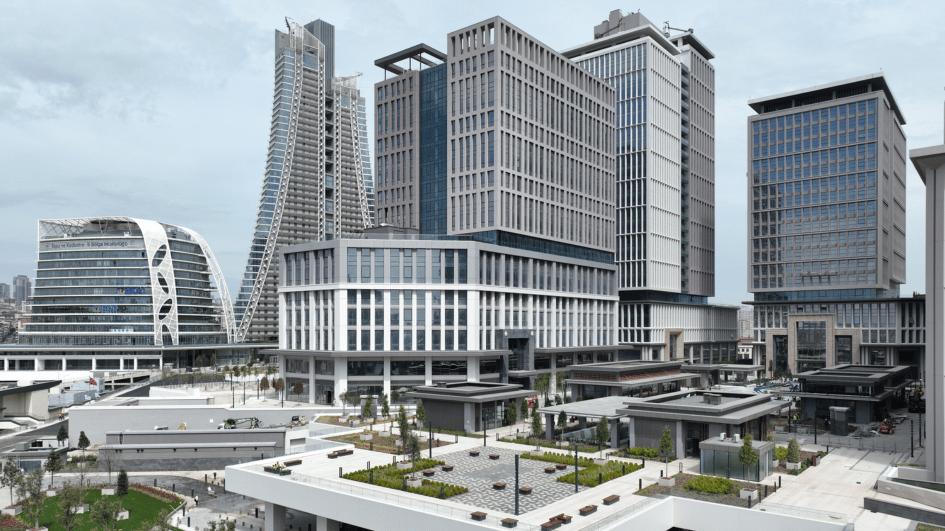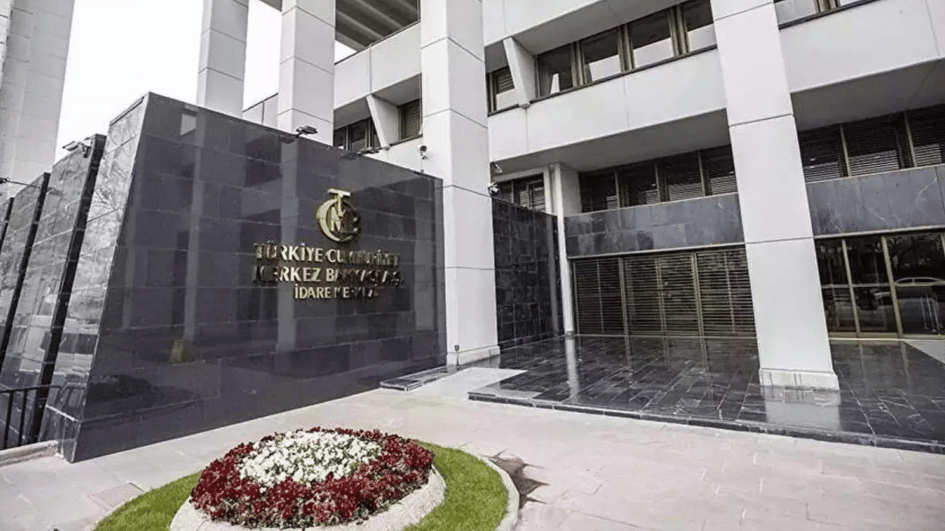Let me ask again
Prime Minister Recep Tayyip Erdoğan is right; he is right to the end. Turkey is being praised outside more than it is inside. I am a witness to this.
I believe with all my heart that Turkey is one of the two or three shining stars of the 21st century. The liberal economy walk that started with the Jan. 24, 1980 decisions is being crowned today.
But I have the European Union Progress Report in front of me. Turkey is awfully disoriented on the issues of human rights and press freedoms. It has been ranked 138th in the press freedom list.
After seeing the latest appointments to the Supreme Board of Judges and Prosecutors, or HSYK, no one believes Turkey is a more democratic state than it was on Sept. 11, 1980, the day of the military coup.
So let’s bluntly ask the question most of us have in mind. What will be Turkey’s development model? Will it be the model of Russia, or South Korea or China? Or will it be the model of the European Union?
The first says, “Countries like Turkey can only be developed under an authoritarian regime.” The latter says, “The issue is to develop in the real sense of progressive democracy.” Of course, we’ll settle it on our own. How? By addressing the following discrepancies:
- Think about a country where people living in liberal coastal areas of comfort voted “no” in the referendum;
- Think about a country where the number of educated people who say “no” to suggestions offered under the guise of progressive democracy is increasing;
- Think about a country where “no” votes exceed 50 percent in neighborhoods and districts in which mostly non-marginal newspapers are sold and at some places “no” votes were higher than 60 percent;
- Think about a country where regions that account for 70 percent of the entire economy reject changes offered for “progressive democracy”;
- Think about a country where cities in which restaurants serving alcoholic beverages do not open during Ramadan and whose proprietors refuse to compromise on the subject, but voted “yes” at the referendum.
On the other hand, cities whose lifestyles are based on tolerance and freedom voted “no,” while people who are accustomed to neighborhood pressure want “more democracy” but took not even a single step in the direction of tolerance which is a pillar of democracy.
On the other hand, cities where people live in comfort say “no” to a project titled “transition to progressive democracy.”
Don’t you see a seriously defective sincerity here? What is the reason for that?
The answer is simple: despite all the clamor of liberal intellectuals, well-educated people in this country do not believe that steps being taken will serve to “progress democracy.” And because what they see is different from what is offered.
On one side, talks are shaped around “liberal democracy,” while an authoritarian regime is being built on the other. So let’s go back to the same question: what will be the project of Turkey, a shining star of the 21st century, that will help it to shine more?
Will it be the South Korean or Russian or Chinese model? Or will it be the European Union model?
Coastal areas that voted for the late Prime Minister Adnan Menderes, former President Süleyman Demirel and late President Turgut Özal in the past are ready now to sincerely support a convincing democratization project. I truly believe so.
The issue for well educated, tolerant coastal lines is not the headscarf ban, but a regime of a “single man” or a “sole leader.”
Erdoğan, who very well read the attitudes in peripheral Anatolian cities, can read the attitude in Turkey’s coastal areas too.
Let me repeat once again, coastal areas will give final touches to a progressive democracy but a historic decision should be taken first: will it be a one-man regime or an institutional, pluralist democracy that Turkey finally installs in its government?
Ertuğrul Özkök is a columnist of daily Hürriyet, in which this piece appeared Tuesday. It was translated into English by the Daily News staff











